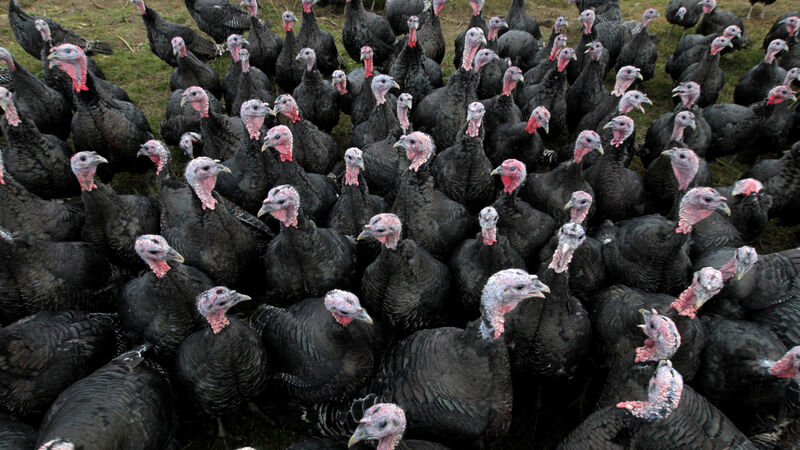The fright before Christmas: Bird flu, turkeys, and the 'nerve-wracking' weeks ahead

Try from €1.50 / week
SUBSCRIBEIt doesn't take tinsel, a fall of snow, or a John Lewis TV ad to get people thinking about Christmas.
Once Halloween passes, the year begins to slalom towards parties, presents, and turkey with all the trimmings.
Already a subscriber? Sign in
You have reached your article limit.
Annual €130 €80
Best value
Monthly €12€6 / month
Introductory offers for new customers. Annual billed once for first year. Renews at €130. Monthly initial discount (first 3 months) billed monthly, then €12 a month. Ts&Cs apply.
A collection of the latest business articles and business analysis from Cork.
CONNECT WITH US TODAY
Be the first to know the latest news and updates
Newsletter
Keep up with stories of the day with our lunchtime news wrap and important breaking news alerts.

Select your favourite newsletters and get the best of Irish Examiner delivered to your inbox
Tuesday, February 10, 2026 - 10:00 AM
Monday, February 9, 2026 - 5:00 PM
Monday, February 9, 2026 - 9:00 PM
© Examiner Echo Group Limited